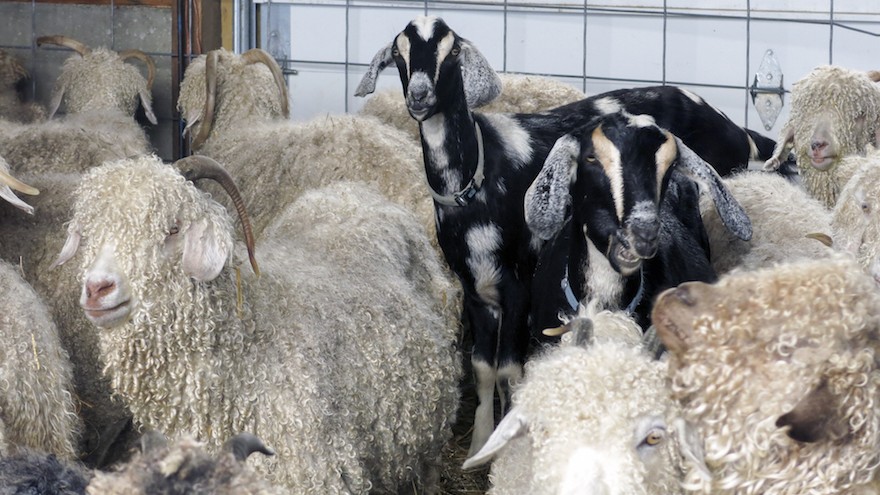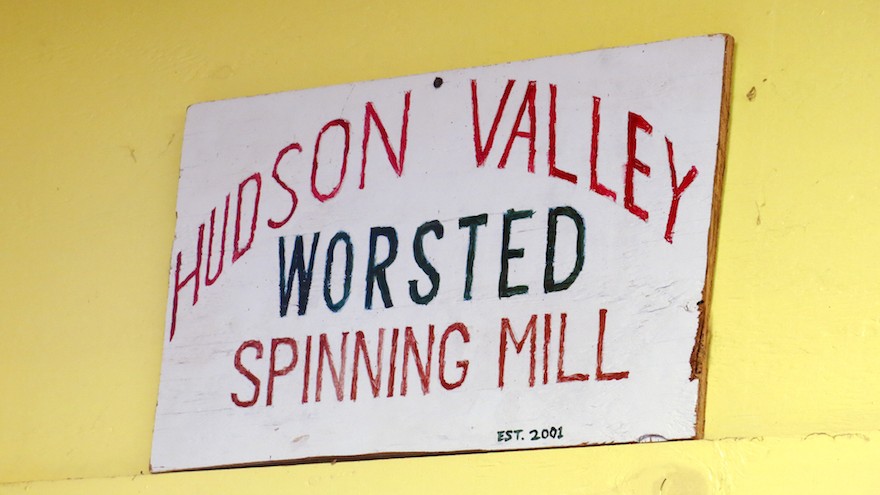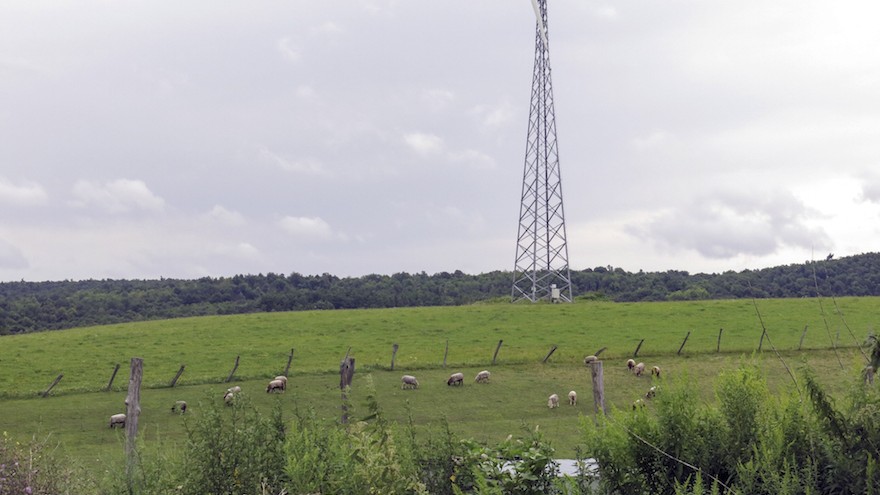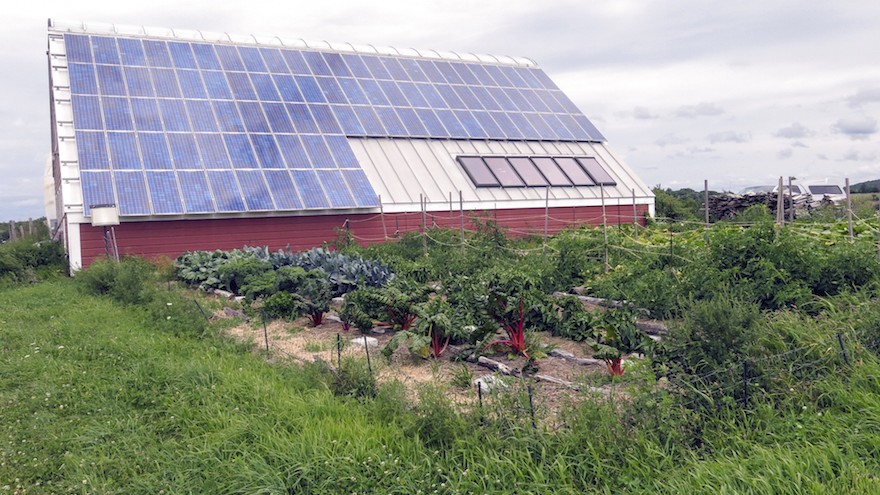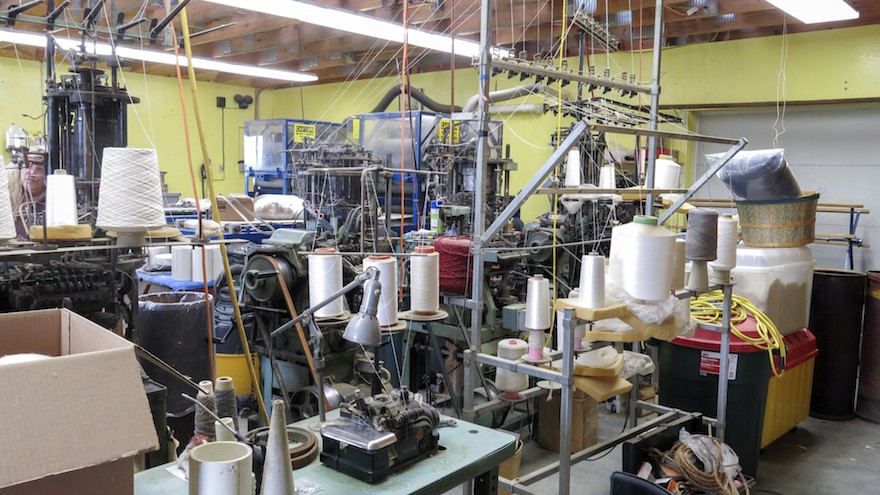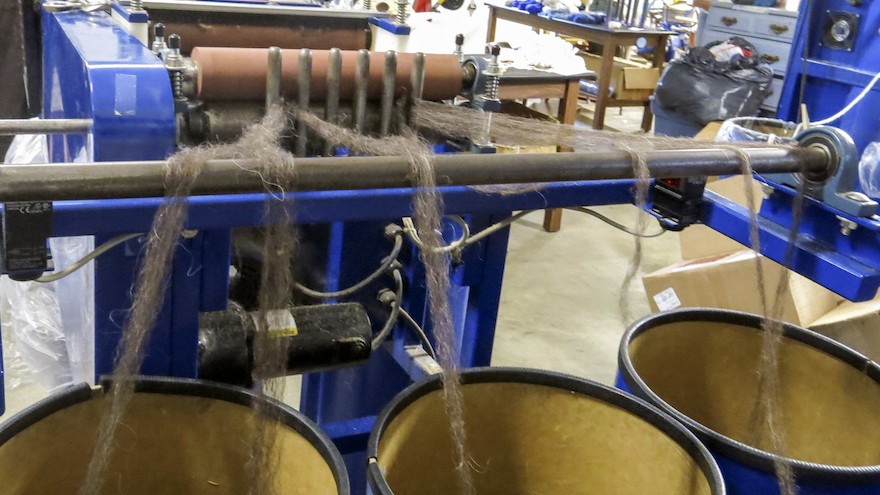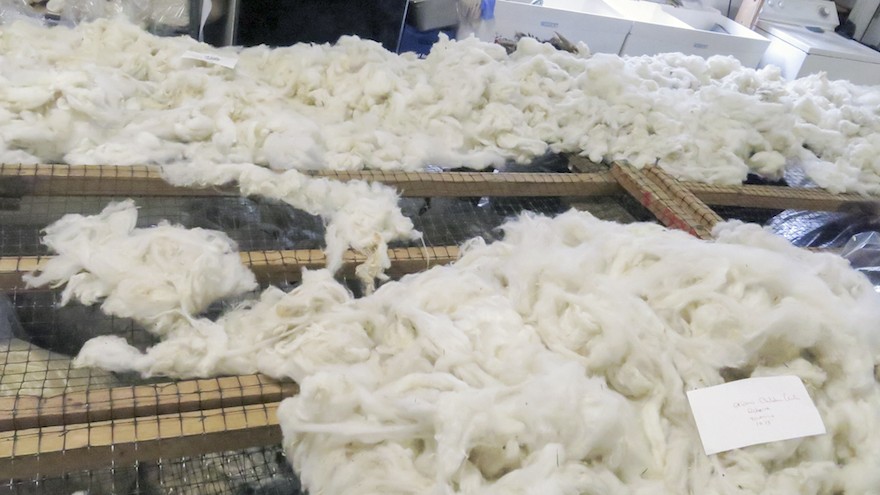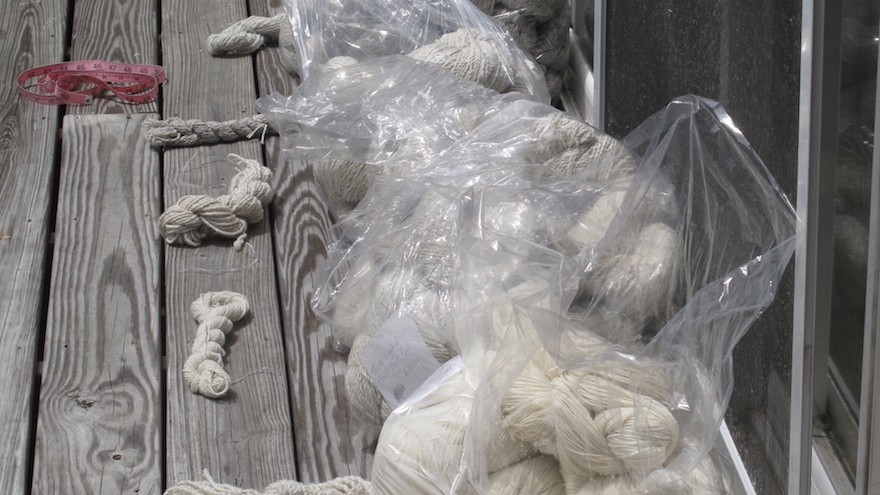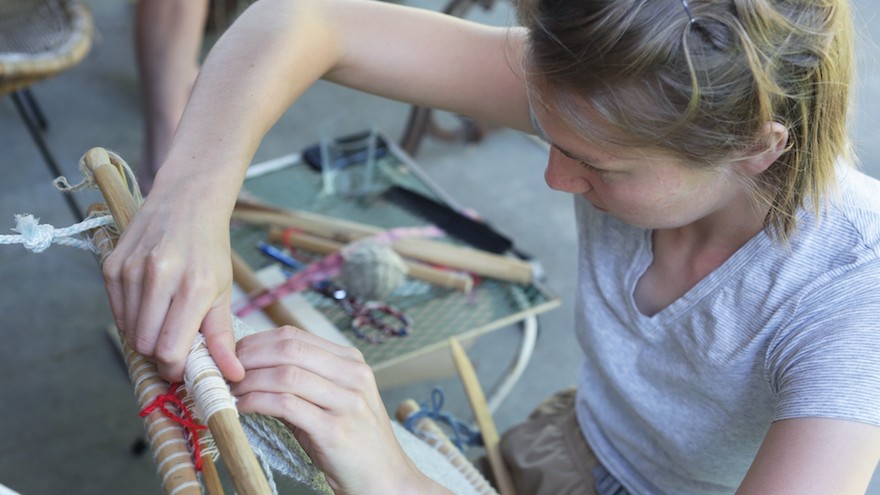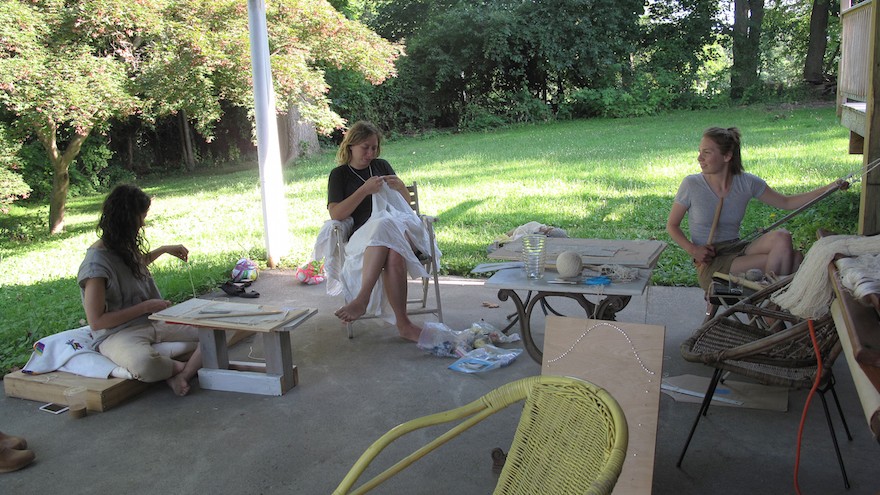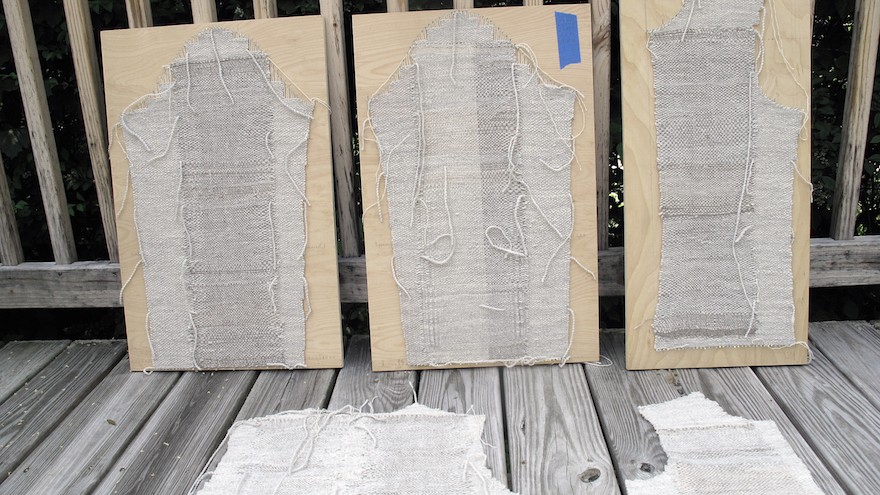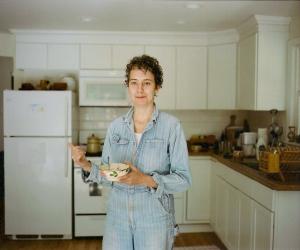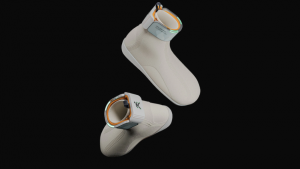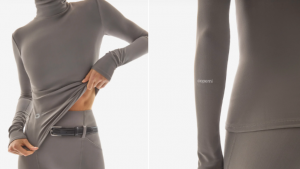New York-based artist and fashion designer Pascale Gatzen helped develop an alternative fashion curriculum at Parsons The New School, where she is also an associate Professor. Alternative is an accurate way to describe her personal approach to design and to teaching: Gatzen uses fashion as a mode of “human togetherness”.
“There is a clear distinction between designing and making clothes. I encourage my students to design through making, because it is important to teach a process in which they negotiate the dynamic relationship between materials, ideas and the sensibility that emerges from their bodies and hands.”
Gatzen recently founded a weaving cooperative called the Friends of Light, where she produces handwoven jackets in the Hudson Valley, New York. The cooperative hopes to bring a little mindfulness back to fashion by ensuring that all the materials are local, that the process is thorough and holistic, and that attention is paid to every single thread. The process of making is therefore very intricate and slow, taking up to 150 hours per jacket.
“One of the things that it has taught me is my own conditioning in relation to speed and efficiency.”
Gatzen’s relationship with fashion goes back to her childhood, when she used to make her own clothes. When Gatzen turned 18 she enrolled in the fashion department of the Academy of Arts in Arnhem in The Netherlands. She then worked in high fashion for eight years.
“I have been making my own clothes since I was twelve years old; clothing became an important strategy for me to position myself socially,” explains Gatzen. For her, the garments we all choose to wear are deeply connected to our sense of self and reveal our character and vulnerabilities. Our clothing also connects us to others, positioning us alongside those we align ourselves with – both culturally and in our tastes and preferences.
“We cannot hide in our clothes. Our dress escapes delineation and categorisation and has a language of its own, a language we all speak and understand. Our dress expresses what is unknowable to us yet knowable to others. It is an expression of that what makes each of us unique.”
Gatzen has been rigourously exploring the possiblities of cooperatives for many years, and this led to the foundation of Friends of Light, where a few master weavers collaborate on the creation of woolen jackets. It is the antithesis to factory-made garments.
“Very early on I have come to understand the destructive mechanisms of fashion,” says Gatzen. “I have been educated in a traditional fashion education system where becoming the next big designer on the international stage of fashion was the only measure of success. Competition is the core principle of capitalism and suggests that there is only one successful position, where cooperation thrives on the diversity of positions and perspectives that complement each other. Competition is about scarcity while cooperation is about abundance of resources.”
Friends of Light aims to create an activity that can economically sustain a group of people. The current members are Nadia Yaron, Mae Colburn and Jessi Highet, all accomplished weavers. Their first jacket was completed in January 2015.
I always witness the luminosity and delightful feeling that people experience when they produce a garment with their own hands, and once they develop more skills they build confidence and playfulness. Craft is no longer old-fashioned because we have come to a new understanding of the idea, we are no longer only dealing with tradition and the perfection of skills but with innovation, sustainability and reconnection with material processes, celebrating imperfection.
Soon, the Friends of Light will include an educational platform as well as a series of workshop sessions, where participants spend time weaving a jacket of their own. The members are also looking to collaborate with artists and designers on an individual basis, creating unique jackets that reflect that artists specific vision.

